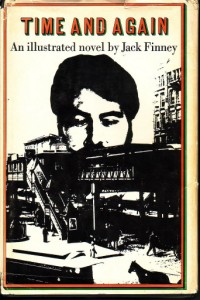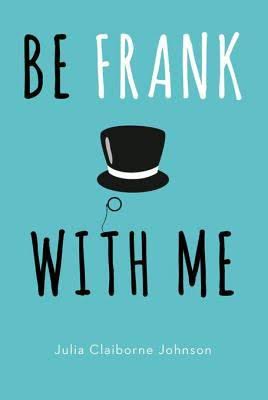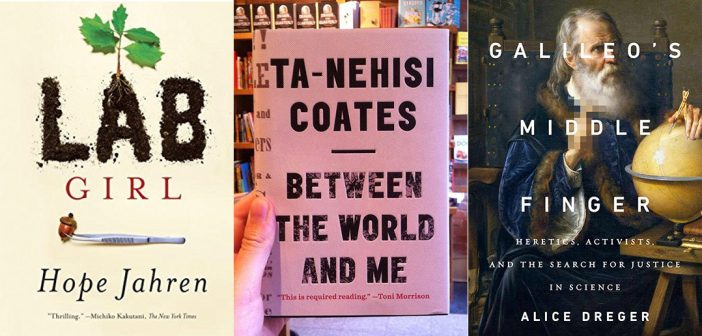With summer upon us, it’s the time to kick back and pick up a book—not one you have to read for class, but one you choose for yourself. Inside Fordham asked faculty and staff members to recommend summer books for Fordham students, with an eye toward incoming freshmen, that entertain and enrich curious minds being Jesuit-educated in New York City.
Jon Friedrich, PhD, professor of chemistry
I’m reading Lab Girl (Knopf, 2016) by Hope Jahren, a geochemist and geobiologist at the University of Hawaii. Jahren reflects on the joys, frustrations, and wonders of becoming and being a scientist, and her explorations of plants and their ecosystems are truly thought provoking. I would recommend it to any aspiring scientist.
Linda LoSchiavo, director of Fordham University Libraries
In his novel Time and Again (Simon & Schuster, 1970) Jack Finney employs time travel to move his main character to New York in the 1880s. While it is both a sci-fi and a mystery novel, Finney’s detailed description of the city, accompanied by period photographs and illustrations, is a history lesson in itself. He shows us the fragility, pain, strength, and wonder of New York.
Brian Johnson, PhD, assistant professor of philosophy
My recommendation is Plato’s Apology, which is Plato’s version of the speech given by Socrates as he defended himself in 399 B.C. The book includes the key ideas we want out of a college education—the examined life—and fits with Fordham’s focus on classical texts.
Mark Naison, PhD, professor of history and African and African American studies
Between The World and Me (Spiegel & Grau, 2015), by Ta-Nehisi Coates, is a short book in the form of a black journalist’s letter to his son. It is perhaps the best window we have into the mindset of black parents trying to raise children in a world that still poses dangers and challenges most of their white counterparts won’t face. The book eloquently exposes why black people still feel vulnerable in a “post-racial society.”
 Benjamin Cole, PhD, associate professor of business
Benjamin Cole, PhD, associate professor of business
I recommend Global Dexterity (Harvard Business Review Press, 2013), by Andy Molinsky. Most books on cultural differences focus on little things like whether to bow or shake hands when meeting people. But to work successfully in highly diverse cultural groups, you must understand how people from other cultures may diverge from your own. For example, does your culture require talking up your accomplishments to show competency? In the United States, yes; in Japan, absolutely not. The book shows how to be “true to yourself” yet not “sell out” when working with persons from other cultures.
Orit Avishai, PhD, associate professor of sociology and anthropology
I recommend Galileo’s Middle Finger: Heretics, Activists, and the Search for Justice in Science (Penguin, 2015), by Alice Dreger. It surveys recent scientific controversies gone nasty, replete with warring activists, censorship, and outrageous personal accusations meant to undermine legitimate research (including that by Dreger herself). The book will help prepare students for their twin responsibilities of accumulating knowledge and figuring out how to use it to make the world better.
Mary Bly, PhD, professor of English
Julia Claiborne Johnson’s debut novel, Be Frank with Me (William Morrow, 2016), is the story of young woman, Alice, whose boss sends her to Hollywood to be an assistant to an eccentric, brilliant writer, Mimi. Alice is tasked with doing everything she can to help Mimi produce a second bestseller, including caring for her quirky 9-year-old son Frank. It is a fascinating, witty, beautifully written first novel and wonderful inspiration for aspiring novelists.
Frank Boyle, PhD, associate professor of English
I just finished reading The Seven Good Years. a memoir by the Israeli author, Etgar Keret. It is unlike any memoir I’ve ever read because it is written in the style of Keret’s often stunning short stories that are never much longer than three or four pages. If you don’t know Keret’s work, the short story collection to begin with is certainly The Bus Driver Who Wanted to Be God. Deceptively simple and fantastically quirky, Keret’s stories send the mind reeling through the relentless contradictions that add up to make us human.
(Book covers courtesy Knopf, Penguin, and William Morrow publishers.)



